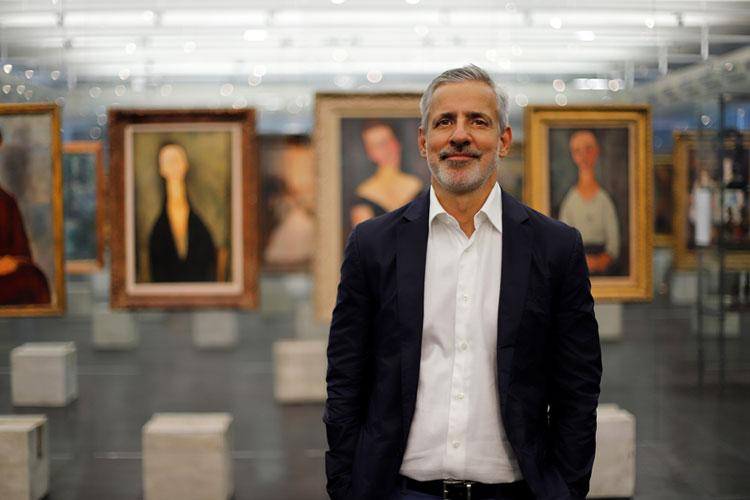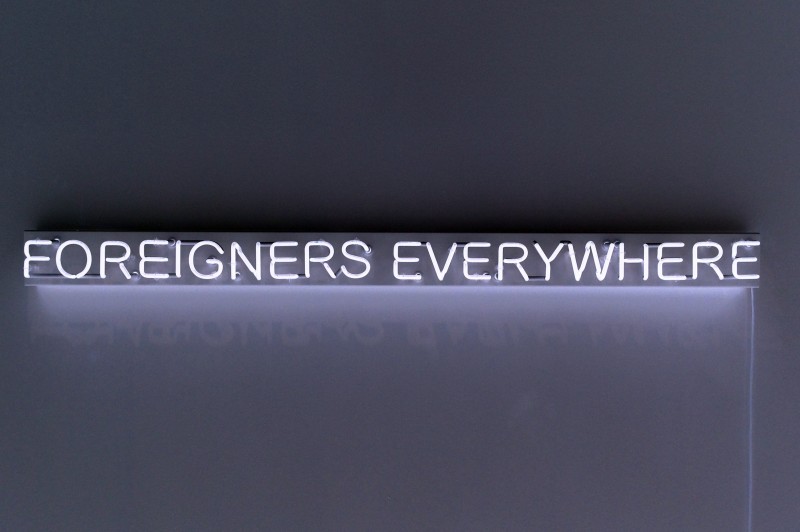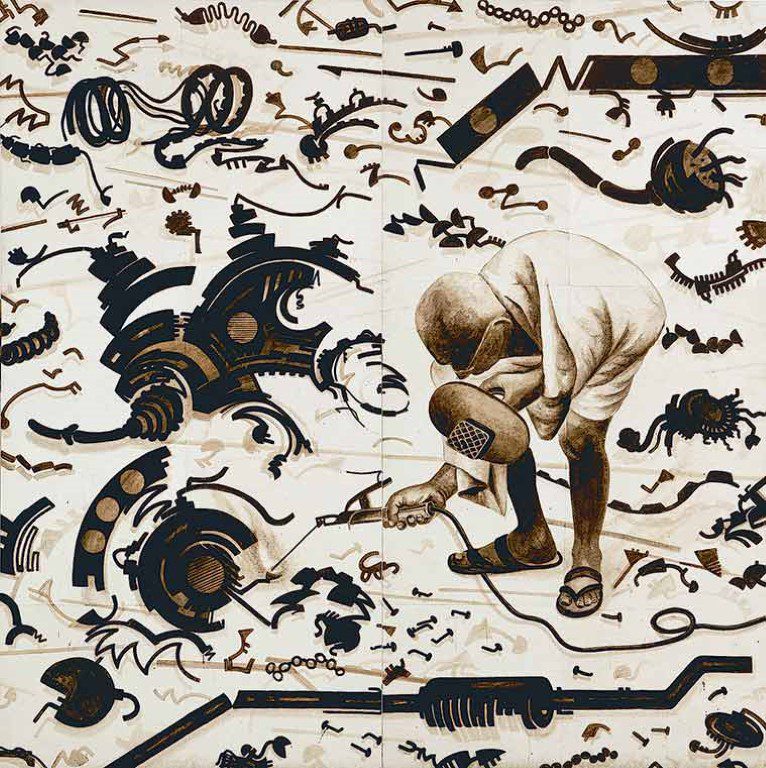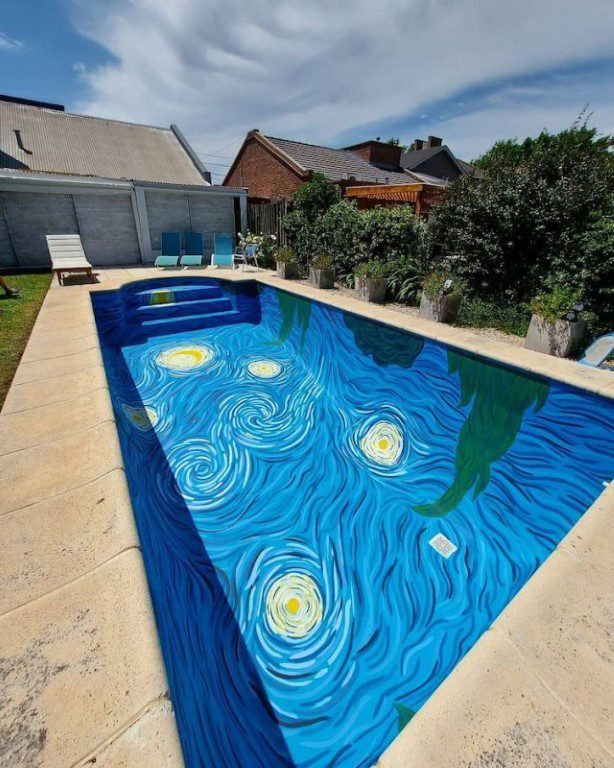Introduction
As the 2024 Venice Biennale winds down its professional preview days, the global art community has been engrossed in the complexity and audacity of this year’s main exhibition, “Stranieri Ovunque – Foreigners Everywhere,” curated by the Adriano Pedrosa. The expansive showcase has not only stretched the boundaries of traditional viewing but has also posed poignant questions about the decolonisation of art itself.
The theme of “foreigners” resonates deeply through the myriad of displays, with nearly 90 national pavilions and numerous collateral events adding to the Biennale’s rich mosaic. Each artist and exhibition crafts a narrative that challenges the conventional structures and histories of art institutions, suggesting that perhaps the essence of decolonisation lies in reimagining these spaces altogether.

Glicéria Tupinambá and the Echoes of Cultural Repatriation
One of the most striking contributions comes from Glicéria Tupinambá in the rebranded Hãhãwpuá Pavilion, formerly known as the Brazil Pavilion. Her display of correspondence with museums around the world seeking the return of Indigenous artefacts is an important reflection on cultural loss and resilience. Despite mixed responses from institutions, Tupinambá’s persistence highlights a crucial dialogue about the ownership and narrative of cultural heritage.Decolonizing Perspectives: The 2024 Venice Biennale Challenges Artistic and Institutional Norms
The Reimagined Spaces of Art
Spain’s pavilion, spearheaded by Peruvian-born Sandra Gamarra, transforms into a “Migrant Art Gallery” that elevates the voices and visions of Indigenous activists. This shift from a traditional exhibition space to one that actively involves community narratives is mirrored in Pablo Delano’s installation at the main show. His “The Museum of the Old Colony” uses a collection of photographs to critique America’s exploitative history in Puerto Rico, framing the Biennale itself as a site of potential provocation and introspection.
Questioning the Role of Modern Museums
The conversation between ARTnews senior editors Maximilíano Durón and Alex Greenberger further delves into the essence of what a museum represents in today’s world. They reflect on the historical trajectory of museums from the wunderkammern or cabinets of curiosities, which marked the beginnings of collecting and displaying artefacts as a form of control and demonstration of power.
The main exhibition under Pedrosa’s curation uses the metaphor of “foreigners” to explore the alienation and marginalisation that many communities feel in traditional art spaces. By incorporating a significant number of works from Indigenous artists and those from the Global South, the Biennale aims to broaden the narrative scope and redefine what inclusion might look like within the canonical confines of global art exhibitions.
Reflecting on Institutional Change
Despite the provocations and the hopeful undertones, there is a shared skepticism about whether these efforts can truly decolonize the deeply entrenched structures of art institutions. The blend of historical works with contemporary interpretations offers a new lens through which to view modernism and the contributions of marginalised communities. Yet, the vast array of artistic expressions calls into question whether cohesion is achievable, or even desirable, in such a broad context.
The Venice Biennale of 2024 emerges not just as an art exhibition but as a platform for critical discourse on the role of art in social and political realms. As it invites viewers to navigate through layers of historical injustices and contemporary conflicts, it also posits art as a potent tool for cultural introspection and institutional critique. The hopeful yet complex narrative woven through “Stranieri Ovunque – Foreigners Everywhere” challenges visitors to reconsider the spaces that art occupies in our societies and the power dynamics that shape our interpretations of culture and history.
Who is Jeffrey Gibson and Why His Participation in Venice Biennale is a Big Deal For America?





